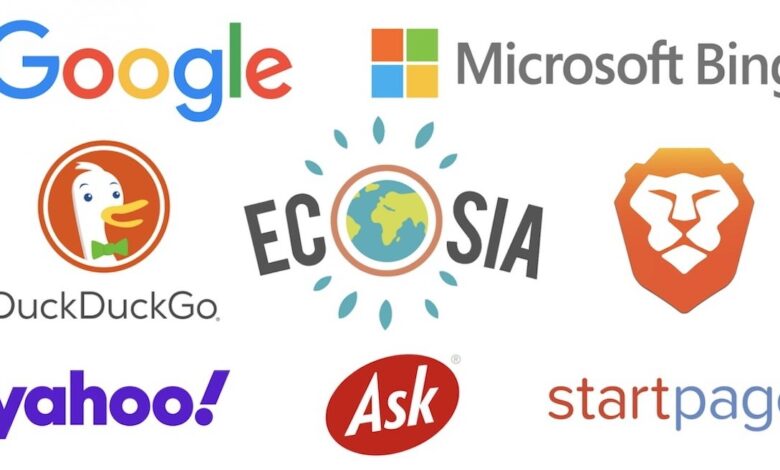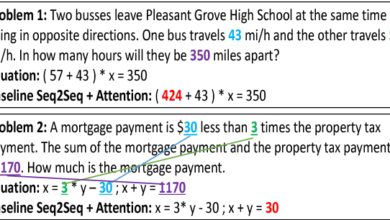Search Engines 101: Essential Tips for Boosting Your Online Visibility

Introduction
In the digital age, search engines have become the gatekeepers of the internet, guiding users to relevant content and shaping their online experiences. Understanding how these powerful tools operate and how to optimize for them is crucial for anyone looking to enhance their online presence. This guide delves deep into the mechanics of search engines, offering actionable strategies to improve your website’s visibility and performance. Whether you’re a seasoned marketer or new to SEO, this comprehensive guide will equip you with the knowledge to succeed in the competitive world of search engines.
Understanding Search Engines
What Are Search Engines?
Search engines are sophisticated software systems designed to search for information on the internet. They act as intermediaries between users and the vast array of content available online. By using algorithms, search engines analyze and index web pages, allowing users to find relevant results in response to their queries. Google, Bing, and Yahoo! are some of the most popular search engines, each utilizing its unique set of rules and algorithms to rank content. The primary goal of search engines is to deliver the most relevant and high-quality results to users based on their search queries.
The evolution of search engines has been marked by significant advancements in technology. From the early days of keyword-based searches to the complex, AI-driven algorithms of today, search engines have continually adapted to better understand user intent and provide more accurate results. This progression reflects the increasing importance of search engines in navigating the ever-expanding digital landscape.
How Search Engines Work
At the heart of search engine functionality are three main processes: crawling, indexing, and ranking. Crawling involves search engine bots, also known as spiders, systematically browsing the web to discover new and updated content. These bots follow links from page to page, gathering data about each site they visit.
Once the bots have collected data, the information is stored in a massive database called the index. This index is essentially a digital library of web content, organized and ready for retrieval when a user performs a search. Indexing ensures that search engines can quickly access and provide relevant results from their vast repository of information.
The final step is ranking, where search engines use complex algorithms to evaluate and prioritize indexed content. Factors such as relevance, quality, and user engagement are considered to determine how high a page will appear in search results. Understanding these processes is crucial for effective SEO, as it allows website owners to tailor their content and strategies to align with search engine requirements.
Optimizing for Search Engines
On-Page SEO
On-page SEO refers to the practices implemented directly on a website to improve its search engine ranking. One of the fundamental aspects of on-page SEO is keyword research and placement. Keywords are specific terms or phrases that users enter into search engines when looking for information. By incorporating relevant keywords into your content, titles, and meta descriptions, you increase the likelihood of ranking higher for those terms.
Meta tags and descriptions play a critical role in on-page optimization. Meta tags provide search engines with additional information about your web pages, while meta descriptions offer a brief summary of the content that appears in search results. Crafting compelling and keyword-rich meta descriptions can enhance click-through rates and attract more visitors to your site.
Content quality and relevance are paramount in on-page SEO. High-quality, informative, and engaging content not only satisfies user intent but also encourages longer dwell times and lower bounce rates. Internal linking, another key component of on-page SEO, involves connecting related pages within your website. This practice helps search engines understand the structure of your site and improves the overall user experience.
Off-Page SEO
Off-page SEO encompasses strategies and activities conducted outside of your website to enhance its authority and ranking. One of the most significant off-page factors is backlinks, which are links from other websites pointing to your own. Backlinks serve as endorsements of your content, signaling to search engines that your site is trustworthy and valuable. Building high-quality backlinks through guest posts, partnerships, and outreach is essential for improving your site’s authority.
Social signals also play a role in off-page SEO. Engagement on social media platforms, such as shares, likes, and comments, can indirectly influence your search engine ranking. While social signals are not a direct ranking factor, they contribute to increased visibility and traffic, which can positively impact your SEO efforts.
Influencer outreach is another effective off-page strategy. Collaborating with industry influencers to promote your content or secure backlinks can boost your site’s credibility and reach. By leveraging the influence of well-established figures in your niche, you can enhance your online presence and drive more traffic to your site.
Technical SEO
Technical SEO focuses on optimizing the technical aspects of your website to ensure that search engines can crawl, index, and rank your content effectively. Site speed and performance are crucial factors in technical SEO. A slow-loading website can negatively impact user experience and lead to higher bounce rates. Optimizing images, leveraging browser caching, and minimizing server response times are key strategies for improving site speed.
Mobile friendliness is another essential component of technical SEO. With the increasing use of mobile devices, ensuring that your website is responsive and functions well on all screen sizes is vital. Google’s mobile-first indexing means that the mobile version of your site is used for ranking and indexing, making mobile optimization a top priority.
Structured data and schema markup help search engines understand the context of your content by providing additional information about elements on your page. Implementing structured data can enhance your search results with rich snippets, such as reviews, ratings, and event details. Additionally, HTTPS and security measures are crucial for protecting user data and establishing trust. Secure websites are favored by search engines, making HTTPS a necessary component of technical SEO.
Advanced Search Engine Strategies
Understanding Search Engine Algorithms
Search engine algorithms are complex systems that determine how web pages are ranked in search results. Major algorithm updates, such as Google Panda, Penguin, and Hummingbird, have significantly impacted SEO practices over the years. These updates are designed to improve the quality of search results by penalizing low-quality content and rewarding high-quality, relevant pages.
Google Panda, for example, targets sites with thin or duplicate content, while Google Penguin focuses on penalizing websites with manipulative link-building practices. Understanding these updates and their impact on ranking factors is crucial for developing effective SEO strategies and maintaining a competitive edge.
Local SEO
Local SEO is a specialized branch of SEO aimed at optimizing a website for local searches. This is particularly important for businesses that rely on local customers, such as restaurants, retailers, and service providers. Optimizing for local searches involves creating and optimizing a Google My Business listing, ensuring accurate and consistent information across local directories, and encouraging customer reviews.
Local listings and reviews play a significant role in local SEO, as they provide valuable information to potential customers and influence their decision-making process. Managing and responding to online reviews helps build credibility and trust, enhancing your local search visibility.
Voice Search Optimization
The rise of voice-activated devices, such as smart speakers and virtual assistants, has introduced new opportunities and challenges for SEO. Voice search queries tend to be more conversational and longer than text-based searches, requiring a shift in content optimization strategies. Adapting your content to address natural language queries and focusing on featured snippets can improve your chances of appearing in voice search results.
Future Trends in Search Engines
The future of search engines is shaped by advancements in artificial intelligence (AI) and machine learning. These technologies are increasingly being used to understand user intent, deliver personalized search results, and enhance the overall search experience. Staying informed about emerging trends and adapting your SEO strategies accordingly will be crucial for maintaining a strong online presence in the evolving digital landscape.
Conclusion
Mastering search engines requires a thorough understanding of how they operate and the implementation of effective optimization strategies. From on-page and off-page SEO to technical aspects and advanced tactics, each element plays a crucial role in improving your website’s visibility and performance. By staying updated with industry trends and continuously refining your approach, you can achieve SEO success and ensure that your content reaches its intended audience. Embrace the dynamic nature of search engines and leverage their potential to enhance your digital presence and drive meaningful results.





